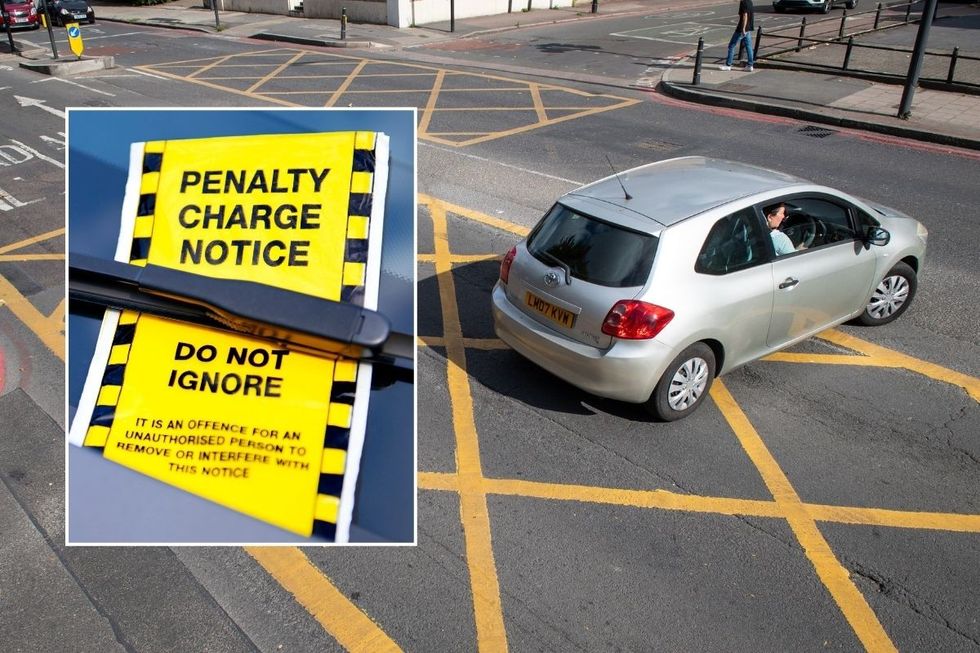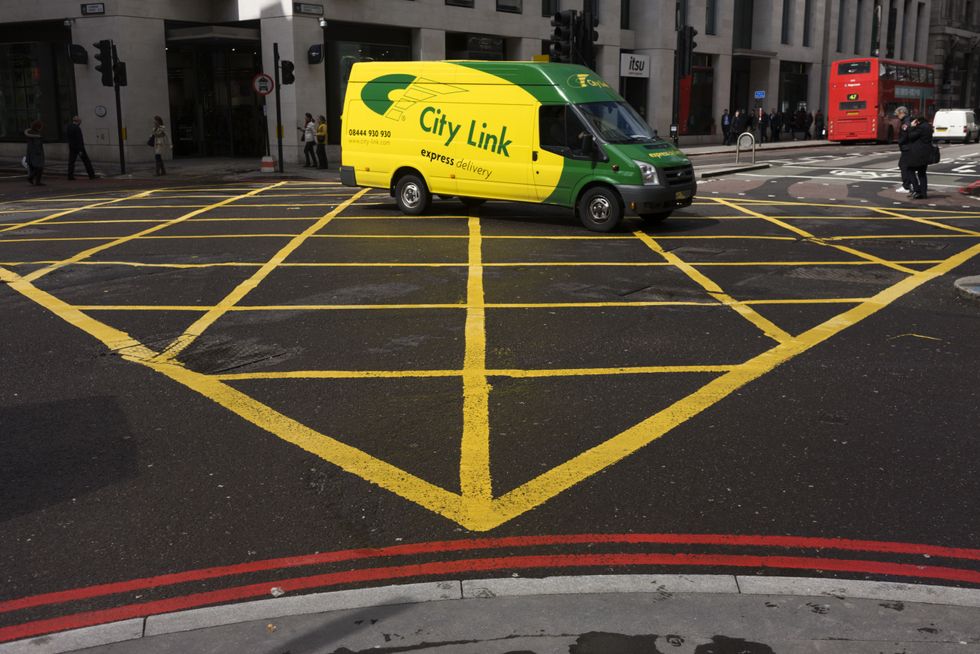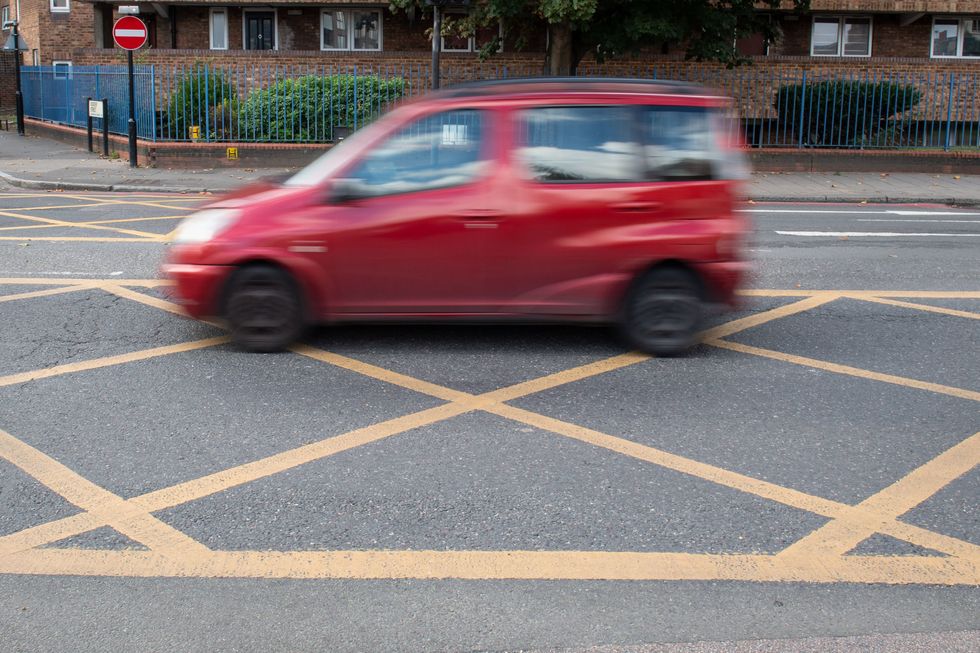Drivers slapped with £1million in fines from yellow box junctions as councils gain extra powers

'The enormously high number of penalty charge notices being raised in just a few council areas suggests things are awry'
Don't Miss
Most Read
Motorists were hit with fines totalling nearly £1million from just 36 yellow box junctions outside London and Cardiff last year, as drivers face another cost to get on the road.
New data analysis reveals that 10 local authorities newly enforcing these traffic measures collected £998,640 in penalties during 2024, issuing 32,748 penalty charge notices to drivers who stopped in the yellow-hatched areas.
Manchester City Council emerged as the dominant enforcer, issuing 13,130 penalties across six yellow boxes - equivalent to 36 per day - and generating £446,706 in fine revenue.
The figures have sparked concerns about whether certain junctions are properly designed or are being exploited as lucrative revenue streams by cash-strapped councils.
Do you have a story you'd like to share? Get in touch by emailing motoring@gbnews.uk

Drivers were slapped with fines worth almost £1million from yellow box junctions in 2024
| GETTY/PAThree councils were responsible for nearly two-thirds of all yellow box penalties issued outside the capital cities. Manchester topped the list, followed by Medway Council in Kent, which issued 4,433 penalties from five yellow boxes - roughly 13 per day - raising £145,162.
Buckinghamshire County Council came third, handing out 3,618 penalties from four yellow boxes, equivalent to 10 daily, generating £139,798 in fines.
Together, these three authorities issued 21,181 penalty charge notices, representing 65 per cent of the total, collecting £731,666 in charges.
The most lucrative single junction was Surrey's Dennis Roundabout in Guildford, where 4,250 penalties were issued over seven months, resulting in fines worth £81,445.

Stopping in a yellow box junction can see drivers break Highway Code rules
| GETTYThe stark disparities in enforcement across different councils suggest significant inconsistencies in how yellow boxes are being policed.
While Manchester, Medway and Buckinghamshire were issuing thousands of penalties, other authorities recorded minimal infractions.
Gloucestershire City Council issued just 30 penalties between May and December 2024, collecting only £945 from a single yellow box.
Leeds City Council handed out 50 penalties in four months to the end of 2024, raising £605 from two enforced junctions.
LATEST DEVELOPMENTS:
These dramatic variations indicate that some yellow boxes may be poorly designed or positioned, catching out motorists unfairly.
The RAC has previously identified problems with as many as nine-in-ten yellow boxes councils sought to enforce, including poor visibility, excessive size and boxes extending beyond T-junctions.
RAC senior policy officer Rod Dennis warned that the concentration of penalties in just a few areas should raise serious concerns.
He said: "The enormously high number of penalty charge notices being raised in just a few council areas suggests things are awry.

Only 36 yellow box junctions are active outside of London and Cardiff
| PA"The large number of penalties being dished out over a small number of locations and in a short space of time should send alarm bells ringing in council offices.
"A small number of fines and a small number of appeals indicates a yellow box that's working as it should. This should be the ambition behind any yellow box that a council is looking to start enforcing, rather than being seen as a revenue-raising opportunity."
Until May 2022, only councils in London and Cardiff could enforce yellow box junctions and other moving traffic contraventions. Since then, authorities across England have been able to apply for these powers, leading to the current enforcement of 36 boxes outside the two capital cities.
The Highway Code stipulates that drivers must not enter yellow boxes unless they can proceed through without stopping, except when turning right and blocked by oncoming traffic. During the first six months of enforcement, councils should issue warning notices for first-time offenders before imposing penalties.











